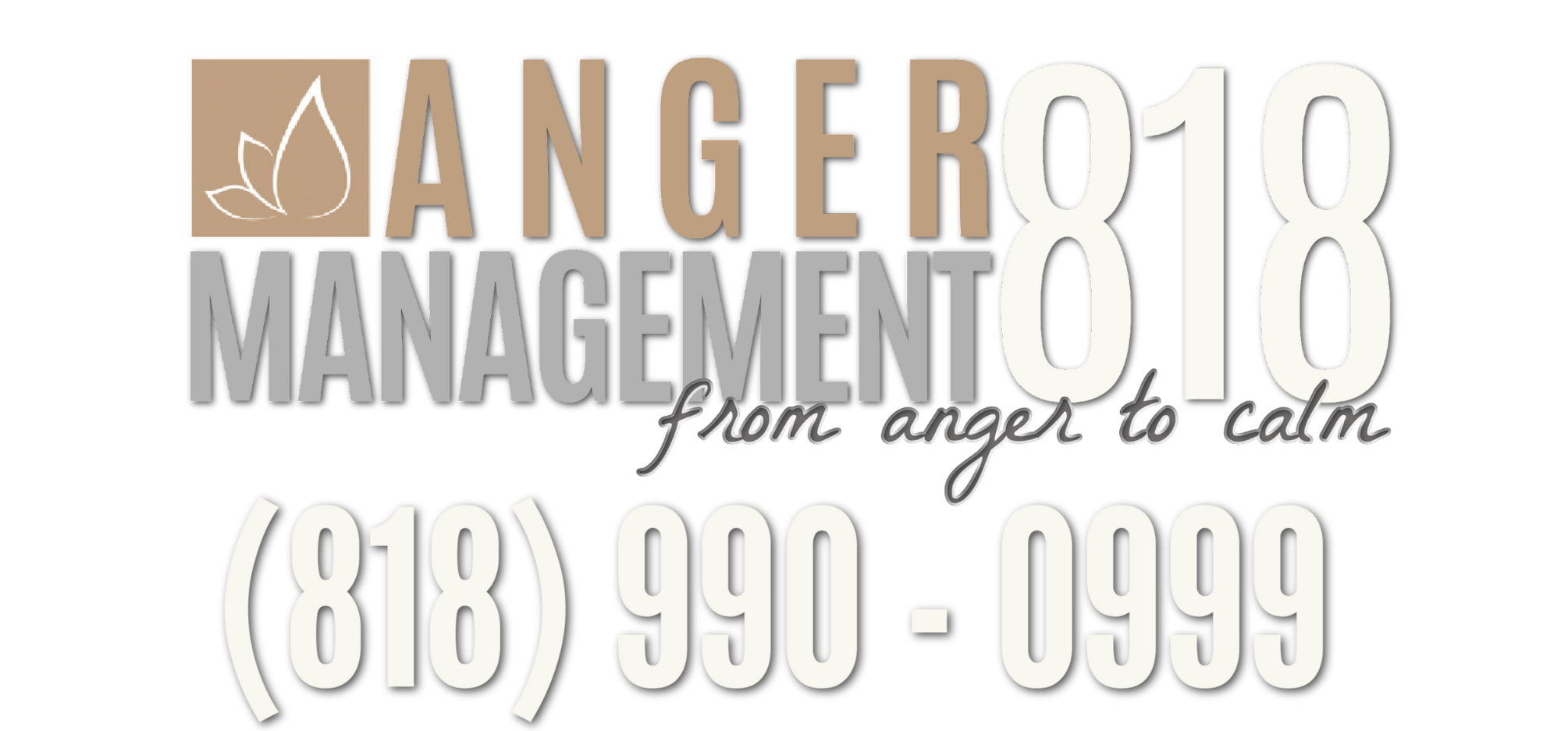Authored by Silva Depanian, LMFT
The weather is crisper, you hear jolly tunes in most stores you enter, and somewhere in your mind, you can feel the holidays rushing towards you at breakneck speeds. The idea of heading home for the holidays can often bring a mix of excitement and tension. You might look forward to the laughter, shared meals, and familiar faces, yet still feel a familiar knot of anxiety forming in your stomach. Family gatherings can reopen old emotional wounds and reignite long-standing dynamics or expectations. But there is good news! With some practical strategies, you can manage family stress, stay grounded, and maintain your emotional balance.
Why Family Reunions Stir Up Old Emotions
No matter your age, returning to a familiar setting can subconsciously pull you back into old family roles. Maybe you are “the peacemaker,” trying to smooth over disagreements. Or are you “the troublemaker,” whose opinions spark debates? Even if you’ve grown and changed, old patterns can feel automatic, and it’s easy to fall back into old communication and relationship ruts.
Unresolved conflict, unspoken resentment, and the pressure to create a “perfect” holiday can amplify these triggers. However, remember that feeling irritated, defensive, or even angry does not mean you’ve regressed. It means your nervous system still remembers past family dynamics. Recognizing this is the first step toward responding intentionally instead of reacting automatically.
Preparing Ahead: Plan for Emotional Safety During Family Holidays
One of the most effective strategies you can lean on is setting realistic expectations. Accept that family gatherings might be messy, awkward, or tense, and that it’s perfectly normal.
Set clear boundaries in advance, specifically with yourself. Decide which topics you’ll disengage from, how long you’ll stay, or when you might need a break. Consider creating a support plan, such as checking in with a trusted friend or partner, or even identifying a swift exit strategy if tension escalates. Practicing a grounding tool beforehand can also be beneficial in helping you maintain control during stressful moments. Grounding tools can include:
- Deep breathing – Inhale softly for 4 seconds, exhale slowly for 6 seconds, and be sure that you’re breathing deeply enough that your tummy expands.
- Affirmations – Make them present tense, personal, and positive (e.g., “I am calm, safe, and centered”).
- Visualization – Taking all 5 senses into account, imagine a peaceful place that instills you with calm (e.g., sitting beachside, with warmth on your skin, the breeze in your hair, the sound of waves lapping on the shore).
Staying Grounded when Family Triggers Hit
Maintaining awareness of your current state of being is particularly important when attempting self-regulation during challenging situations. That awareness will help you recognize the first signs of anger or defensiveness as they’re occurring, such as a racing heart, clenched jaw, or a tightening in your throat as you experience the urge to argue. These signals are your body telling you a trigger has been activated. When you notice them, pause and take a slow, deliberate breath, unclench your jaw and shoulders, and silently remind yourself, “I can choose how to respond.”
You can also use a simple boundary-setting script to protect your emotional space:
- “I’d rather not talk about that right now. Let’s talk about something else.” For this, it can be helpful to have some safe, go-to topics prepared before heading to the event.
- “I need to take a short break and get some fresh air. I’ll be back in a few minutes.”
Remember, refusing to engage or stepping away isn’t avoidance or cowardice; it’s . Each time you respond with calm rather than reaction, you’re breaking old patterns and prioritizing your emotional well-being.
Reflect and Repair After Family Gatherings
So, the family gathering has ended, but the emotions are still very present. What do you do? After the gathering, be sure to give yourself time to decompress and process all the emotions that may have come up. Journaling, walking, or spending some quiet time alone allows you to reflect on your experience and release lingering tension.
As you decompress and reflect, notice what you handled differently this year. Did you stay calmer? Set boundaries successfully? Acknowledge the enjoyable aspects as a whole despite the difficult moments? Celebrate these small victories! Remember, healing family patterns is gradual, and every interaction is a chance to practice new ways of responding.
Navigating Family Gatherings with Ease
Family gatherings can stir up old frustrations and even spark anger, but they don’t have to ruin your holidays. With clear boundaries, simple grounding techniques, and a little self-awareness, you can handle triggers calmly and confidently. Each time you pause instead of react, you’re taking control, breaking family patterns, and making space for the moments that actually bring you joy. Peace doesn’t come from changing your family; it comes from staying grounded in your own calm center. Remember, it’s not about a perfect celebration! It’s about maintaining your balance, protecting your wellbeing, and approaching family interactions with emotional clarity and a sense of peace that lasts long after the celebration ends.

Silva Depanian is a Licensed Marriage and Family Therapist (MFC#121864) and Certified Anger Management Counselor at Avedian Counseling Center, offering services via telehealth and in Glendale. She specializes in chronic pain management, anxiety, anger management, and codependent relationships, working with individuals and groups who are seeking a more fulfilling quality of life. Silva’s mission is to help clients achieve their goals using Cognitive Behavioral Therapy and Mindfulness techniques, through encouraging change, boundary setting, and healthy communication. Whether in individual sessions or group settings, Silva is here to listen, and works in tandem with clients on their journey towards balance and happiness.




